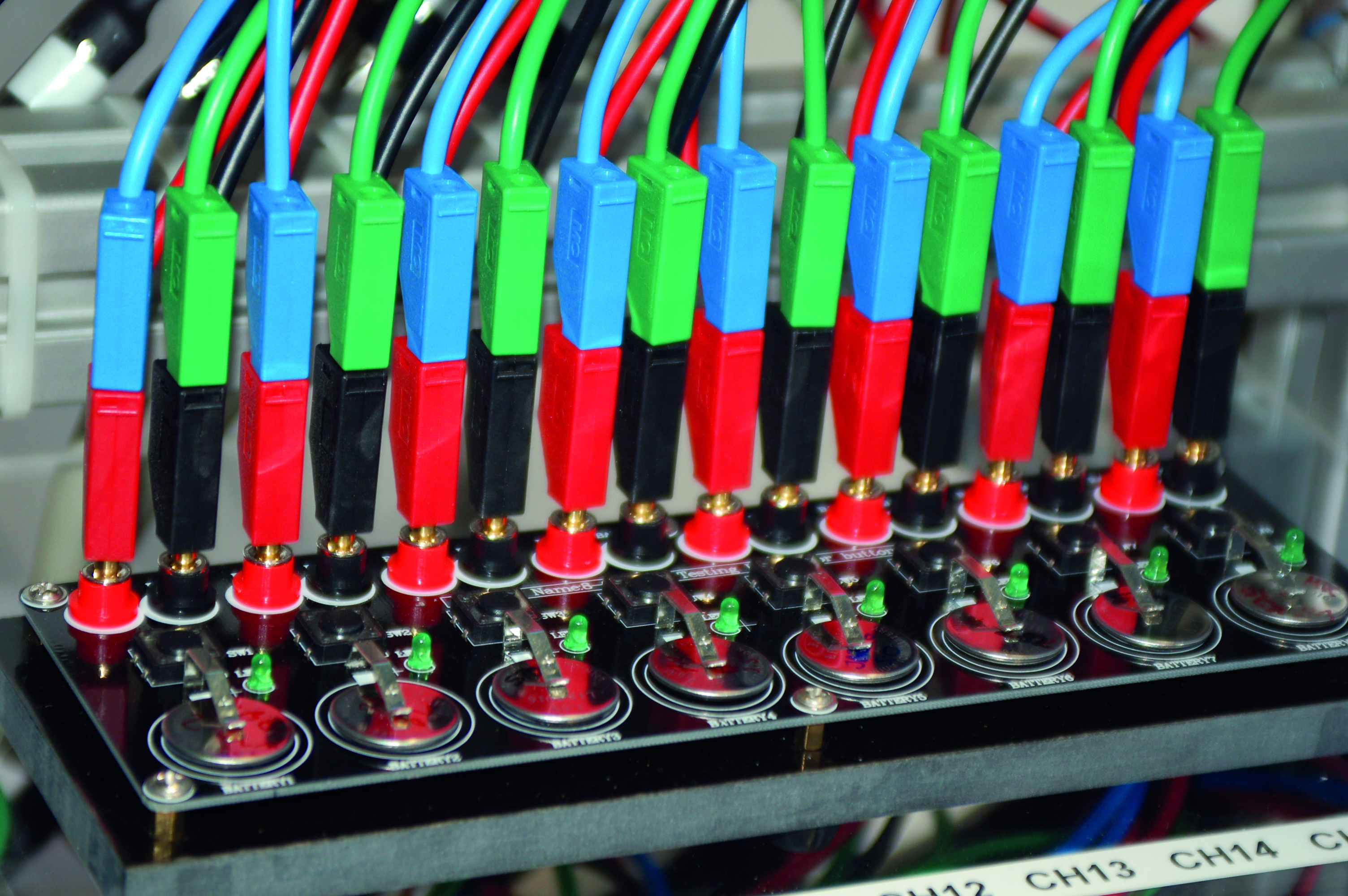Dresden center for battery research – Technologies for novel energy storage systems
The novel research project “Batterie-Stationär in Sachsen (BaSta)” was kick-started at an initial meeting in Dresden on February 5, 2013. The project is coordinated by the Fraunhofer IWS Dresden. It combines the competencies of four Fraunhofer institutes, the Leibnitz-Institut IFW, the TU Dresden and the TU Bergakademie Freiberg in a unique way to facilitate collaboration in research activities relevant to energy storage systems. The Federal Ministry for Environment, Nature Conservation and Nuclear Safety (BMU) has provided €4.8 million to support this initiative, which has been developed within the context of the DRESDEN concept. As Professor Eckhard Beyer stated in his welcome address “Prime Minister Stanislaw Tillich gave his personal support to promote this new innovation in Saxony”.
Research into electro mobility and particularly into stationary energy storage systems is of substantial interest to the Fraunhofer IWS and to several further research organizations in Dresden and its surrounding area. The Saxon scientists and engineers have contributed essential expertise to improve the process of “chain battery manufacturing”.
This three-year project focuses on the material research into the low temperature sodium-sulfur battery and the corresponding manufacturing technology. Furthermore design, prototype setup and the testing of sodium-sulfur storage modules for highly capacitive battery storage systems will be of particular interest. The successful project result will present a novel stationary battery type for the storage of electric energy. Due to its specific storage capacity, high security and life time as well as its moderate costs, this will help to improve the social acceptance of Germany’s energy policy. The abundant natural resources of sodium and sulfur are additional supporting features required to fulfill the pressing demand for more energy.
This project is one of a number of research and development projects dealing with storage technology. The ”CryPhysConcept” project started in 2012. It focuses on future electro-chemical energy storage systems with a special emphasis on the physical properties of crystals. The Federal Ministry of Education and Research (BMBF) funded this project to the tune of €4.9 million, and scientists from the TU Bergakademie, the Fraunhofer IWS and the Fraunhofer-Technologiezentrum für Halbleiter (THM) have closely collaborated in its development.
The IWS scientists worked on several other projects, such as. the AlKaSuSi project (BMBF id 03X4618A), which addresses novel material concepts for alkaline-sulfur batteries and the MaLiSu project (EraNET/BMWi DLR 01MX12009A), in which nanomaterials for future lithium-sulfur batteries were developed. Further projects included the DryLIZ (BMBF KIT02PJ2302), dealing with the dry manufacture of lithium-ion cells and BatCon (BMWi DLR 01MX12055C), concerning functionally integrated high current connectors for battery modules. The results were evaluated and developed together with the industrial partners, in order to be used for industrial applications.
The Fraunhofer IWS Dresden is developing a center for battery research in order to offer most valuable solutions to its customers. €3 million of support will provided by the EU und the Free State of Saxony. Also, €2 million will be donated from the funds of the Fraunhofer-Gesellschaft and the IWS and BMBF project funds (1€ million) will be invested in the latest technologies and facilities. Further investment will follow in 2013. Therefore, the best conditions for the processing of numerous public and industrial projects will be offered.
 Fraunhofer Institute for Material and Beam Technology IWS
Fraunhofer Institute for Material and Beam Technology IWS